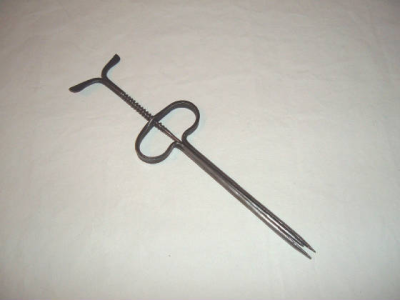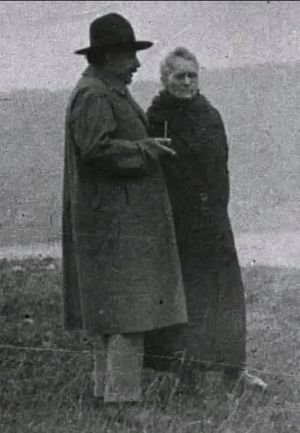Today I learned that Helen Keller got her eyes removed in 1911 for cosmetic reasons, because apparently her left eye was bulging out slightly and it ruined the 'magnificent beauty' of her face so out both eyes went and she wore glass eyes for the rest of her life.
That ... sounds like Helen Keller was suffering from a lack of perspective. (Yes, literally too ... sigh).
Today I was reading a book of royal anecdotes and learned a few funny ones.
At one point, King Edward VII of England was being conducted around HMS Victory. His guide drew his attention to a plaque on the deck and said: "This is where Nelson fell, Your Majesty."
"I'm not surprised," replied the King, "I nearly tripped over the damn thing myself."
Edward VII was a stickler for a precise dress code. Once, when an admiral's daughter arrived at a party with a dress once inch above her ankles, he commented, "I'm sorry, I'm afraid you must have made a mistake. This is a dinner, not a tennis party."
Edward's successor, George V, became king in 1910. In 1935 (a year before his death), he met the author John Buchan and told him, "I don't get much time for reading, but when I do I enjoy your books, The Thirty-Nine Steps and so on. Now before you go, the Queen would like to have a word with you." Buchan soon met with Queen Mary who told him, "The King does not get much time for reading, but when he does, I'm afraid he reads the most awful rubbish."
Jumping back to the 18th century for a bit: George II was no fan of English literature. He once asked: "Who is this Pope that I hear so much about? I cannot discover his merit. Why will my subjects not write in prose! I hear a great deal of Shakespeare, too, but I cannot read him; he is such a bombast fellow."




